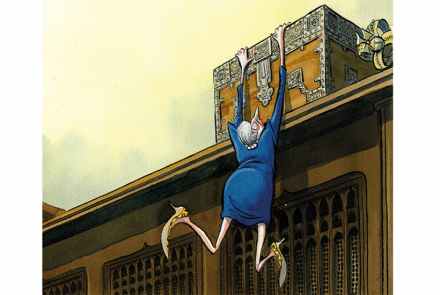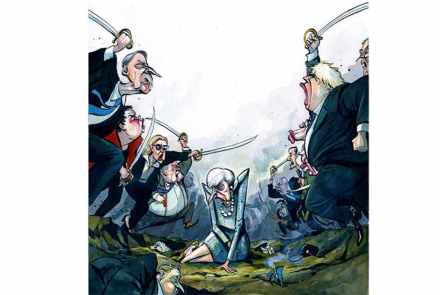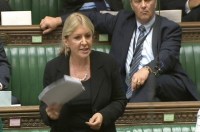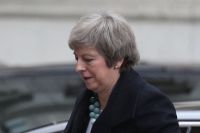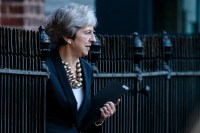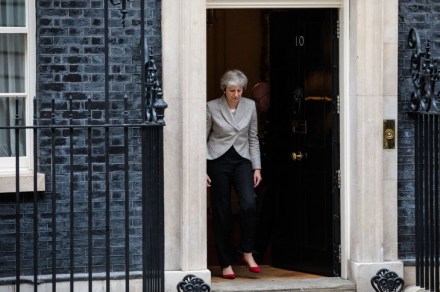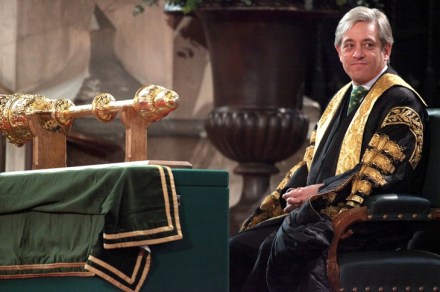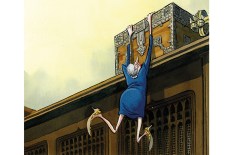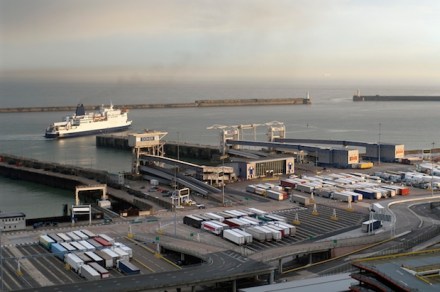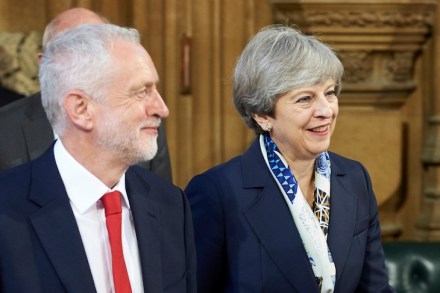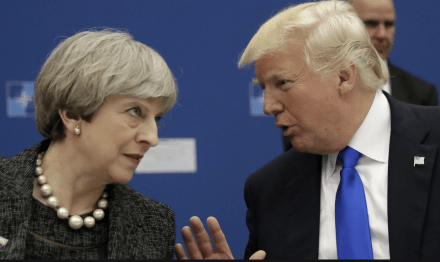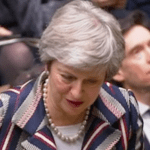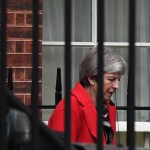Victory? No, yesterday’s result weakens May’s authority still further
Theresa May has survived the vote, but her authority is weakened still further. More than a third of Tory MPs have voted against her and this is after she pledged not to fight the next election and to get legally enforceable changes to the backstop. If May had kept the number of those voting against her below 100, it would have been a good result for her. If she had kept it to below 80, it would have strengthened her position considerably. But anything over 105 was always going to be tricky for her as that meant a 1/3rd of her MPs didn’t have confidence in her. This became truer
